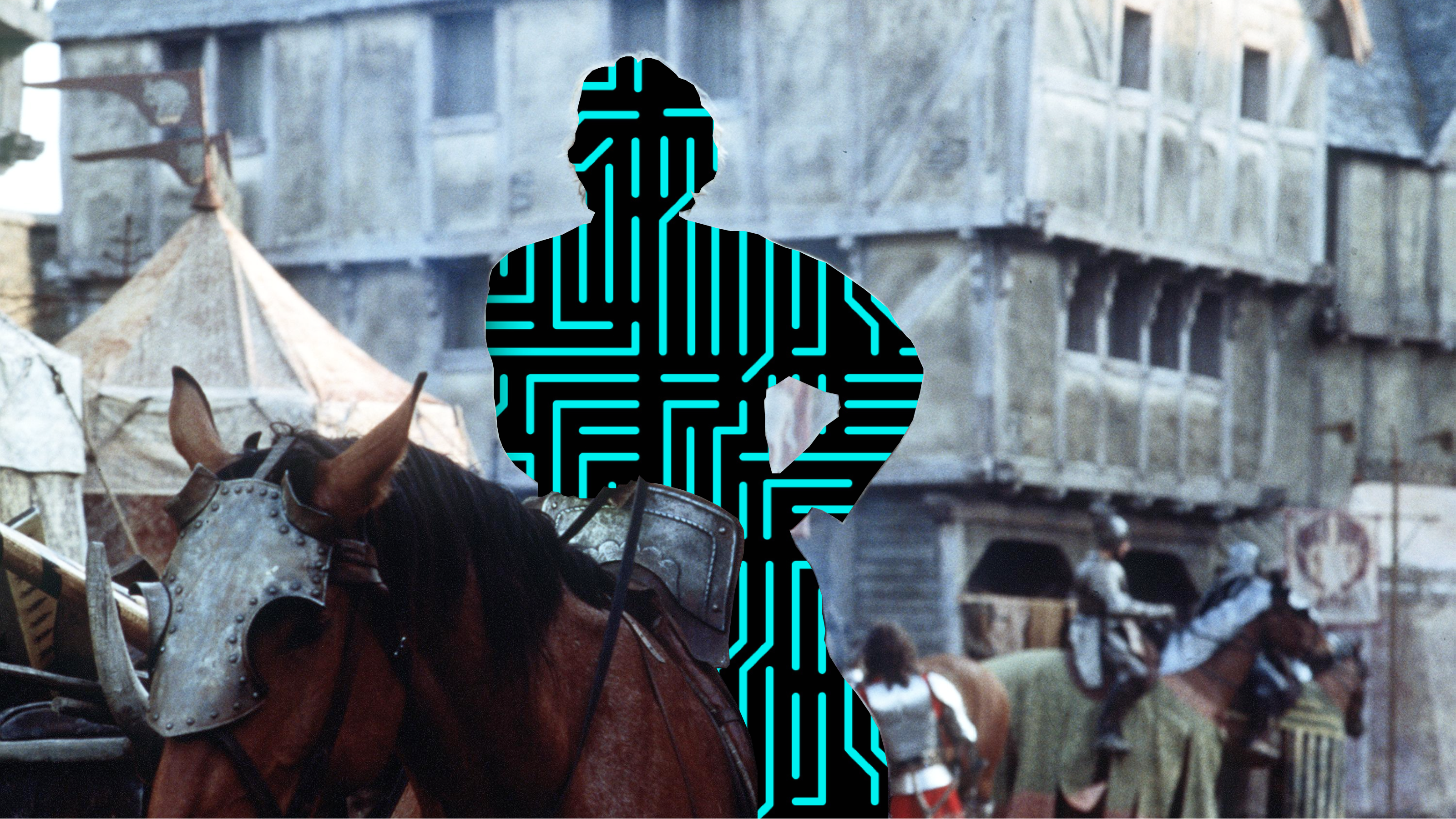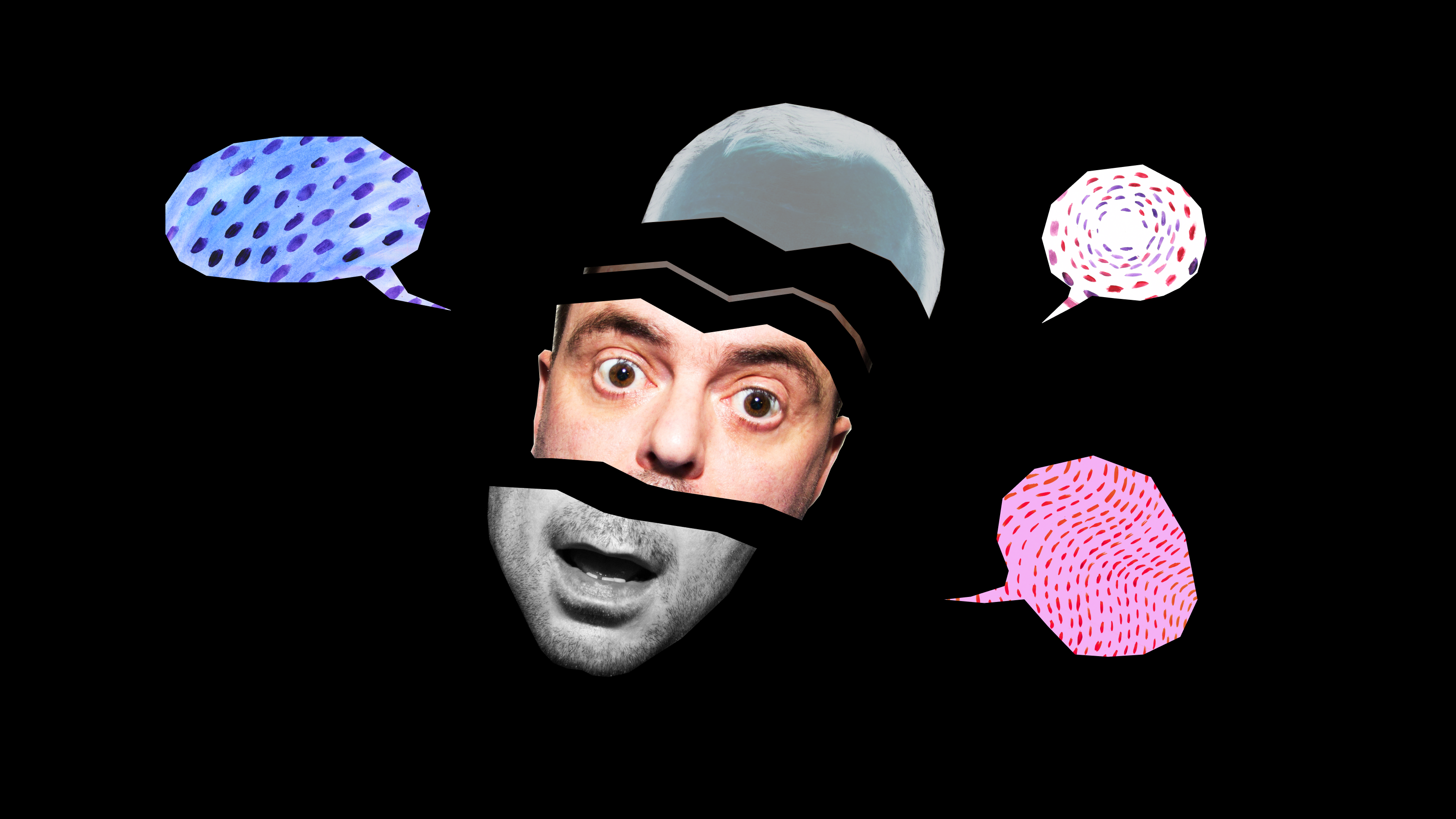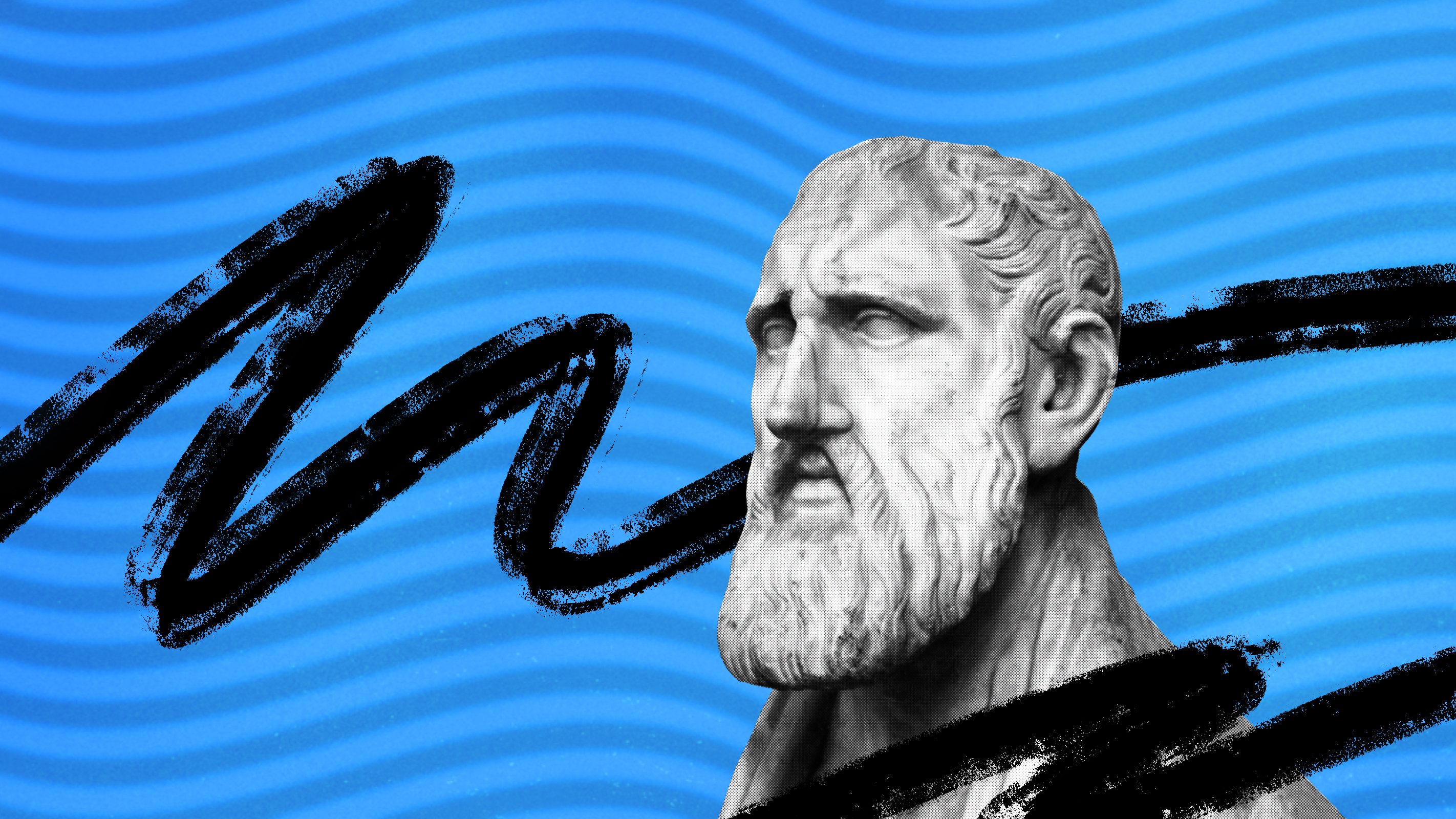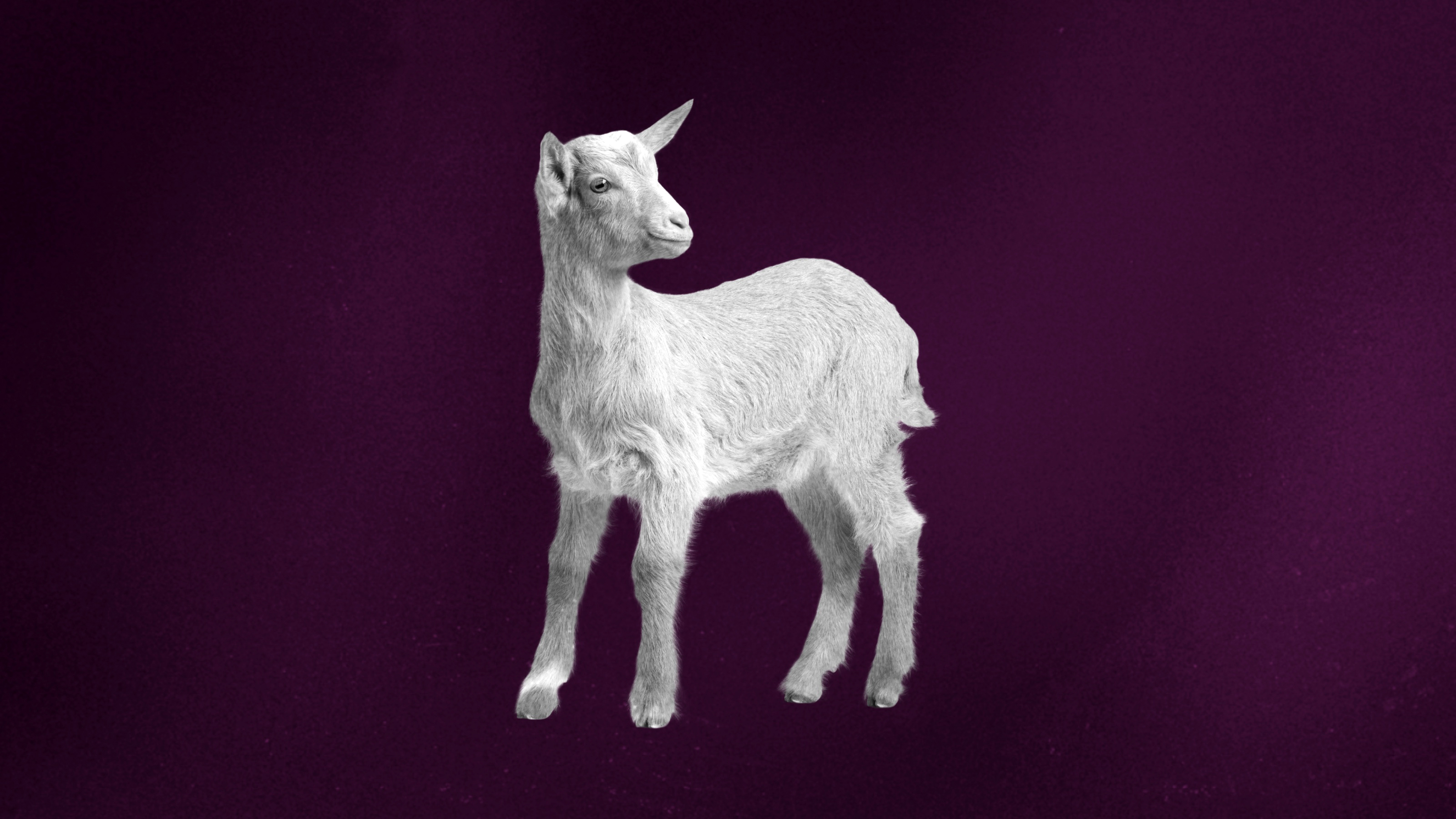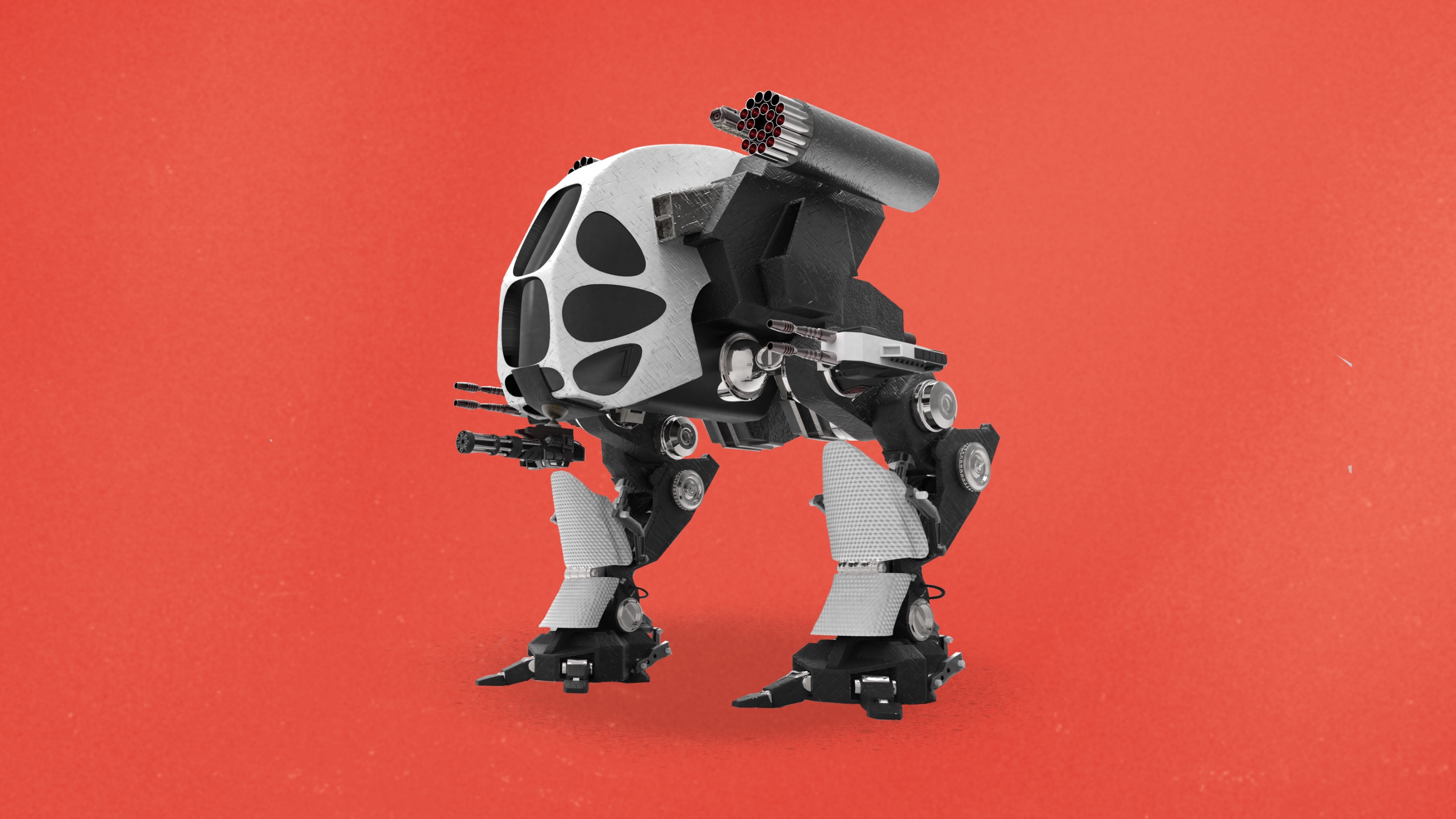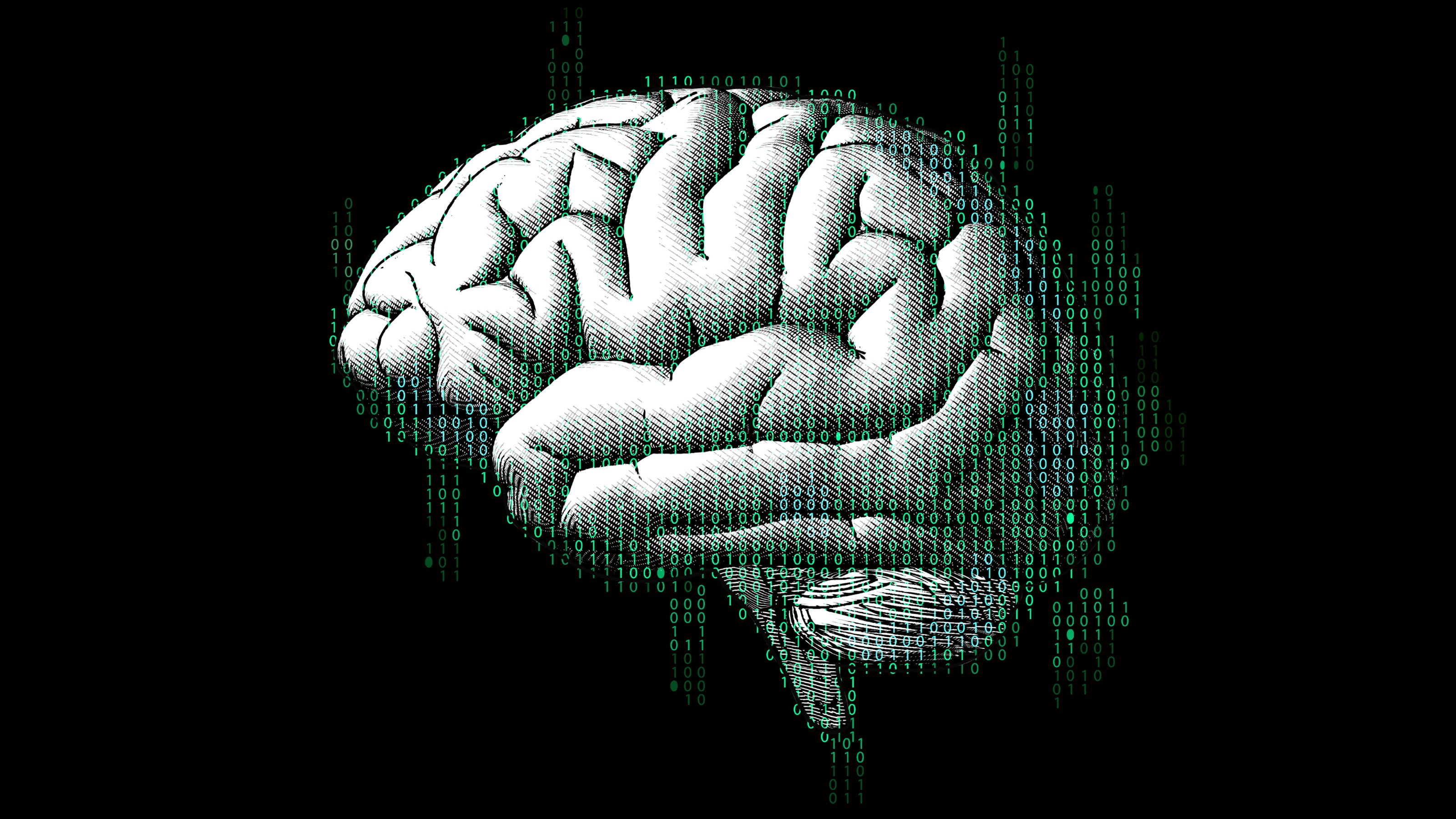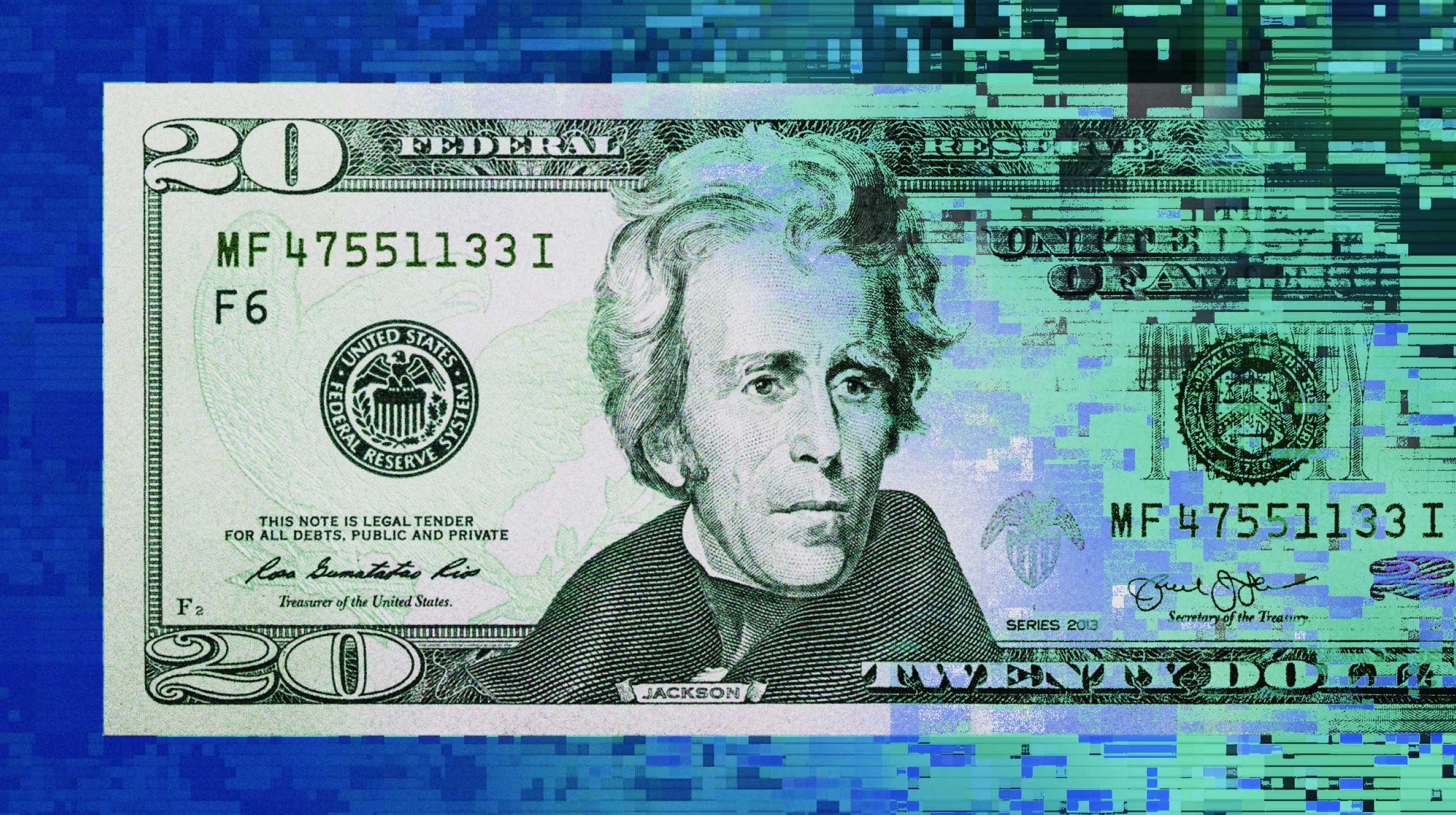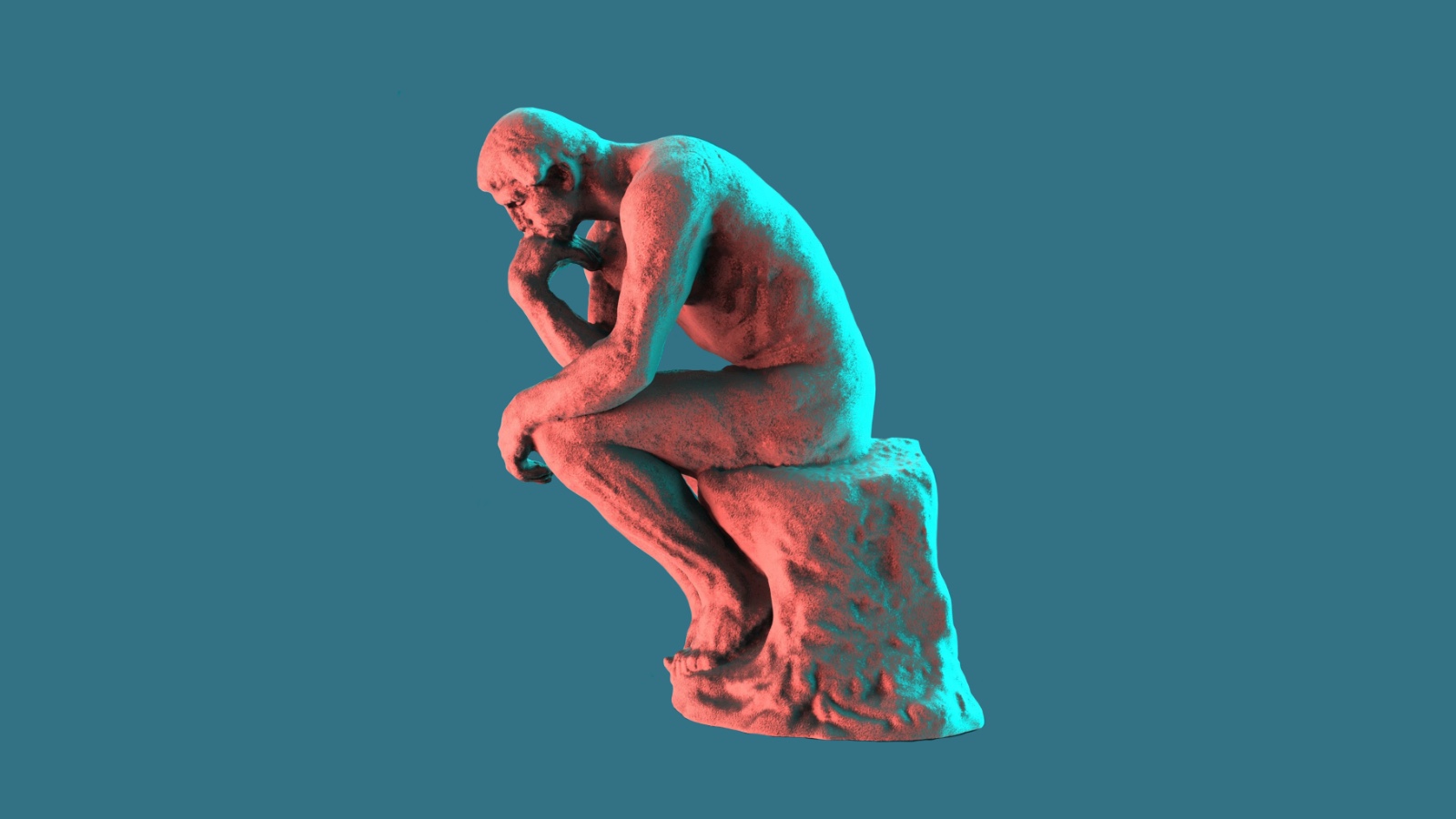Jonny Thomson
Jonny Thomson taught philosophy in Oxford for more than a decade before turning to writing full-time. He’s a staff writer at Big Think, where he writes about philosophy, theology, psychology, and occasionally other subjects when he dares step out of his lane. His first book, Mini Philosophy, is an award-winning, international bestseller, and has been translated into 20 languages. His second book, Mini Big Ideas, was published in 2023.

Virtually anyone can now create convincing deepfakes. That doesn’t mean you should.
Are anti-workers the lazy children of privilege or the brave vanguard of a utopic upheaval?
“Of course, the spleen is the biggest organ in the body.”
Mindfulness may be especially useful for gaining more control of your impulses to spend.
The Church of England is debating if believers should stop using gendered language when talking about God.
Stoicism is a big deal right now, but it has some major flaws. Here’s why you might want to hold off on becoming a Stoic.
If you get married in South Africa, don’t be surprised if someone shows up to the ceremony dragging along a smelly goat.
Evil is easy to identify and fight against; not so with stupidity.
Give yourself (and others) a break.
“For every PhD there is an equal and opposite PhD.”
Find it easier to sort out your friends’ problems than your own? This paradox is for you.
It was originally recorded in the 1970s by cognitive psychologists Harry McGurk and John MacDonald.
“The Da Vinci Code” popularized the idea that Christians stole much of their theology. It’s wrong, especially regarding Christmas.
“Lethal autonomous weapon” sounds friendlier than “killer robot.”
Buddhism has rules for slaying your enemies. But the real surprise is finding out who your enemies actually are.
Surely they can’t be worse…can they?
There are different types of atheism and atheists. In general, they can be classified as the non-religious, the non-believers, and agnostics.
Being mortal makes life so much sweeter.
Harmony and moderation make for a happier life.
The history of money is a history of convenience, and spending has never been easier than it is today.
In the future, people may look back with horror at how humans treated AI in the 21st century.
Nothing meaningful is done quickly.
How many tins of beans make a stockpile, and when does a basement become a bunker?
What if your best friend was an informant?
It might seem petty and shallow to get upset over a bad gift, but there’s often a deeper reason behind the feeling.
Every Christmas could be the last Christmas.
